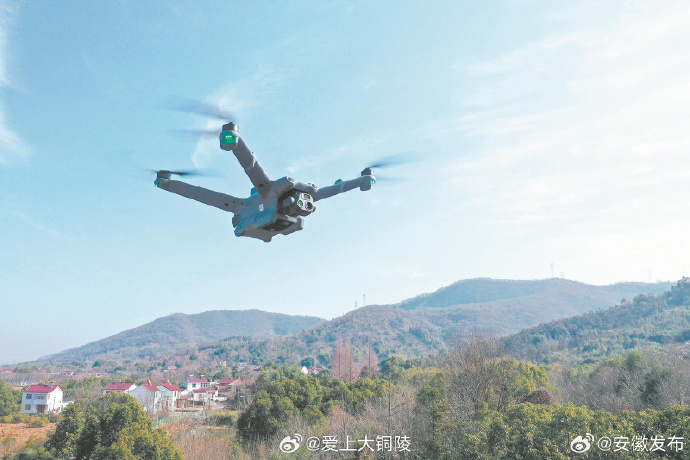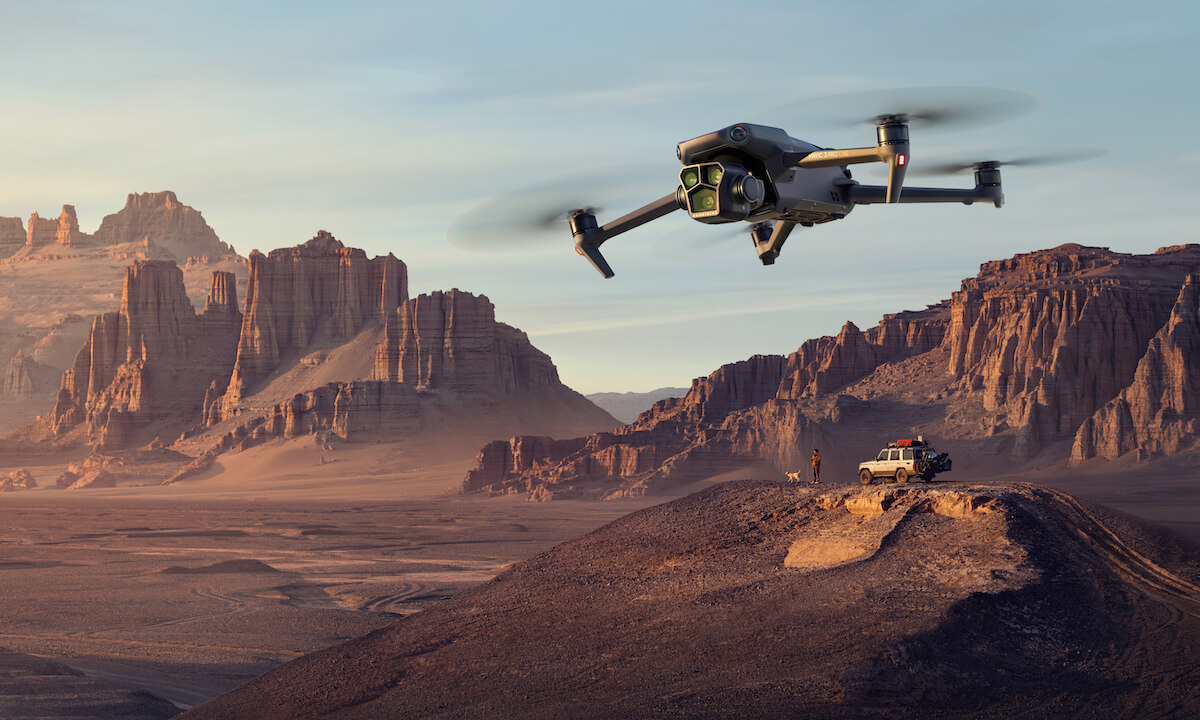If you’ve ever gazed up at the sky, you might have imagined piloting a drone and exploring the world from above. With the growing popularity of drones, obtaining a drone flying license has become a vital step for hobbyists and professionals alike. Unlocking the sky with your drone offers endless possibilities, from capturing breathtaking aerial shots to innovating in industries such as agriculture, construction, and more. But before you can soar, you must understand the process and requirements needed to get your license.
Understanding Drone Regulations
The first step to using a drone legally is familiarizing yourself with the regulations set by aviation authorities. In the United States, the Federal Aviation Administration (FAA) governs all drone operations. Whether you’re using it recreationally or commercially, certain rules and requirements must be met. Ensuring compliance not only keeps you on the right side of the law but also promotes safe drone operations.
In many regions, it’s necessary to pass a knowledge test to get your drone flying license. This tests your understanding of airspace regulations, weather conditions, and the operational limits of drones. The focus is on ensuring that every drone pilot can operate safely and responsibly.
The Licensing Process Explained
Getting a drone flying license involves several steps. Firstly, ensure you meet the age requirement, which is typically 16 years or older. Next, you’ll register with the appropriate aviation authority and complete any required training. For the FAA, this involves taking the Aeronautical Knowledge Test, often referred to as the Part 107 test, for commercial drone flyers. Passing the test provides you with the Remote Pilot Certificate.
Recreational users may have fewer steps, such as passing the TRUST (The Recreational UAS Safety Test) instead. Registration of the drone itself is an additional requirement, with each drone needing a unique registration number.
Enhancing Your Drone Piloting Skills
After obtaining your drone flying license, it’s crucial to enhance and continuously develop your skills. Regular practice, alongside staying updated on new regulations and technology, can help you become an expert pilot. Consider joining local clubs or online forums to share experiences and learn from others. Attending workshops and training sessions at drone flying schools can also be beneficial, offering insights into advanced maneuvers and emergency procedures.

Drone Flying License Worldwide
Globally, drone regulations vary significantly. For instance, the European Union’s rules under the EASA (European Union Aviation Safety Agency) are different from those in the United States, Canada, or Asia. Each region may have its categories of operations, training requirements, and licensing agreements, making it essential to check local requirements when flying beyond your home country.
Ensuring you have the correct qualifications and knowledge for international flights not only broadens your flying horizons but prevents any legal issues during your travels.
Frequently Asked Questions
Q: How long does it take to get a drone flying license?
A: The timeframe can vary. In most cases, it takes a few weeks from studying, passing the test, and receiving your license. However, preparation time can extend or shorten this period based on your prior knowledge and availability for testing.
Q: Is a drone flying license mandatory for all drone pilots?
A: Not every pilot needs a formal license. Commercial operators generally must have one, but recreational users may only need to pass a safety test, depending on the region.
Q: How often do I need to renew my drone flying license?
A: The renewal period can differ by country. In the U.S., for instance, the FAA requires a knowledge test every two years to maintain the validity of a commercial drone flying license.
